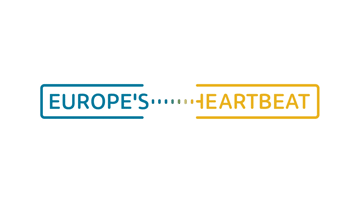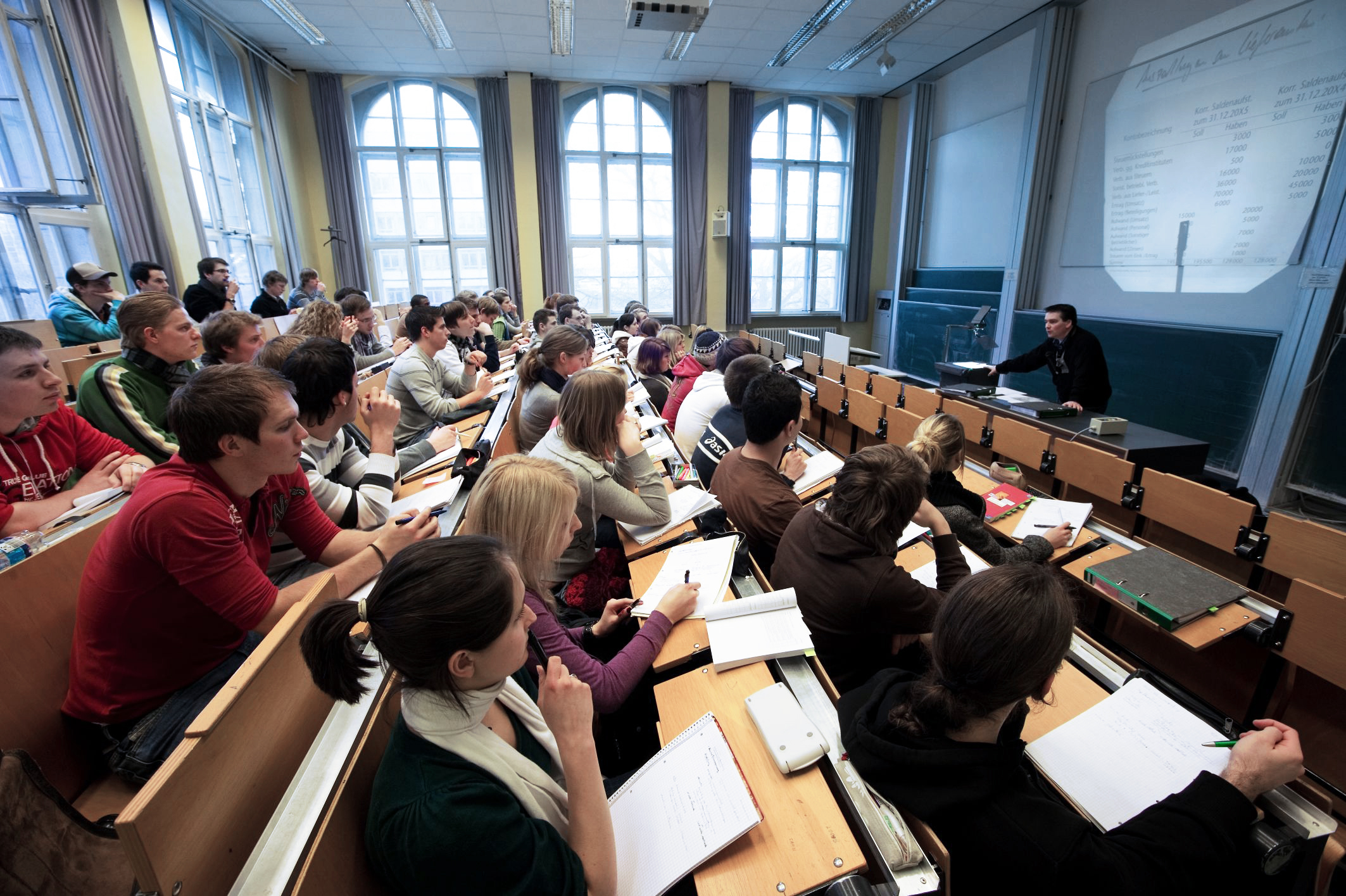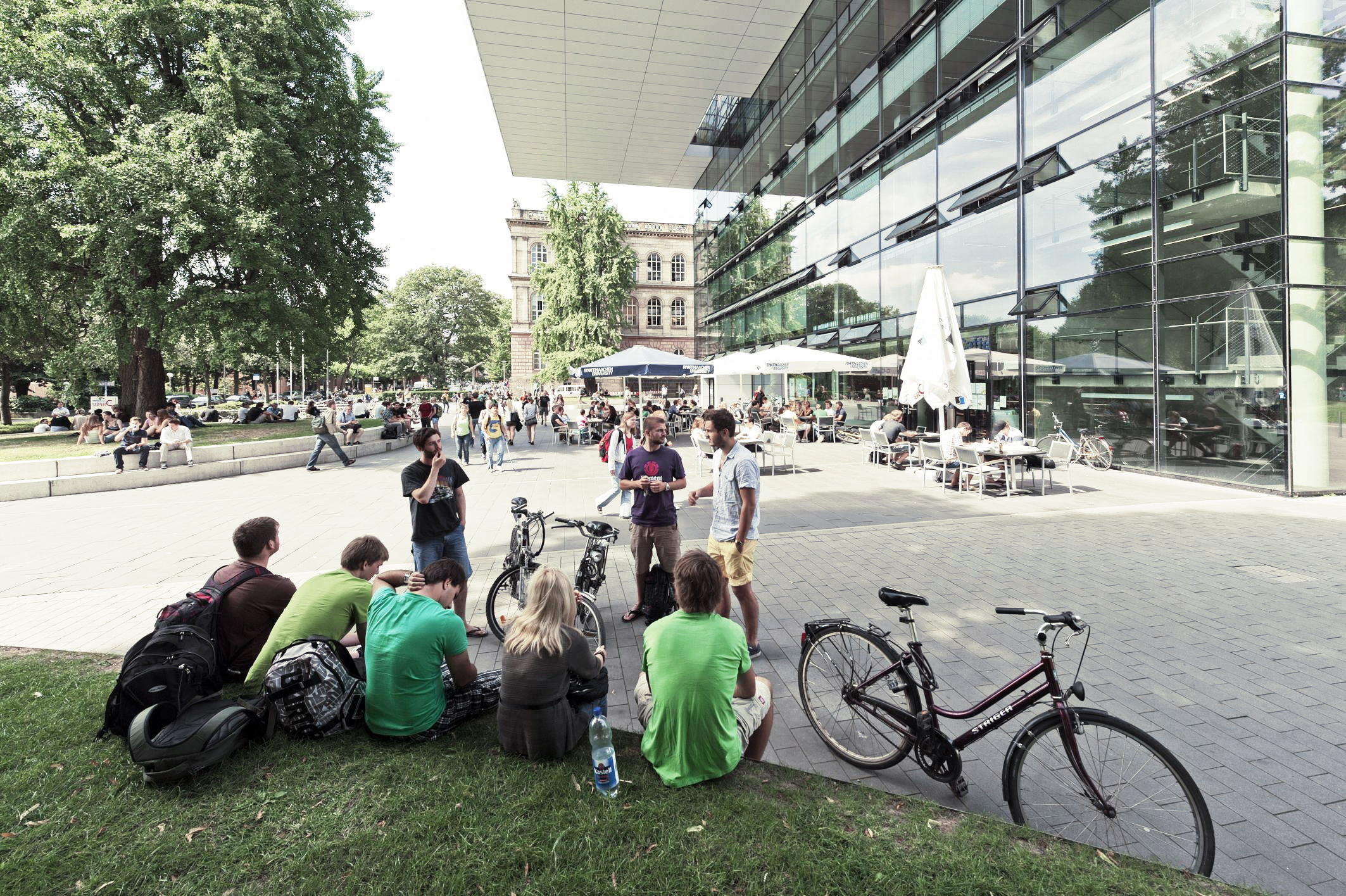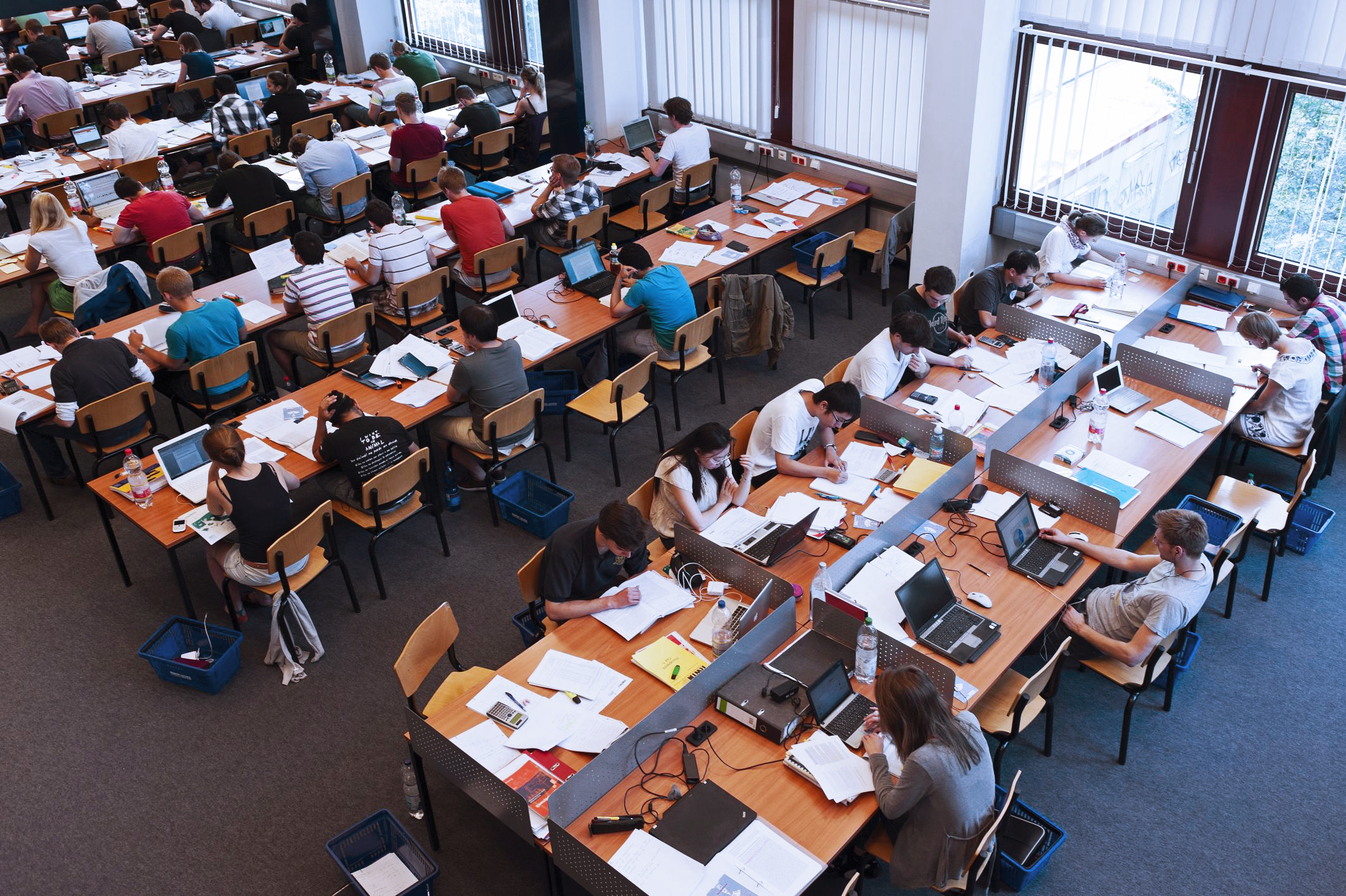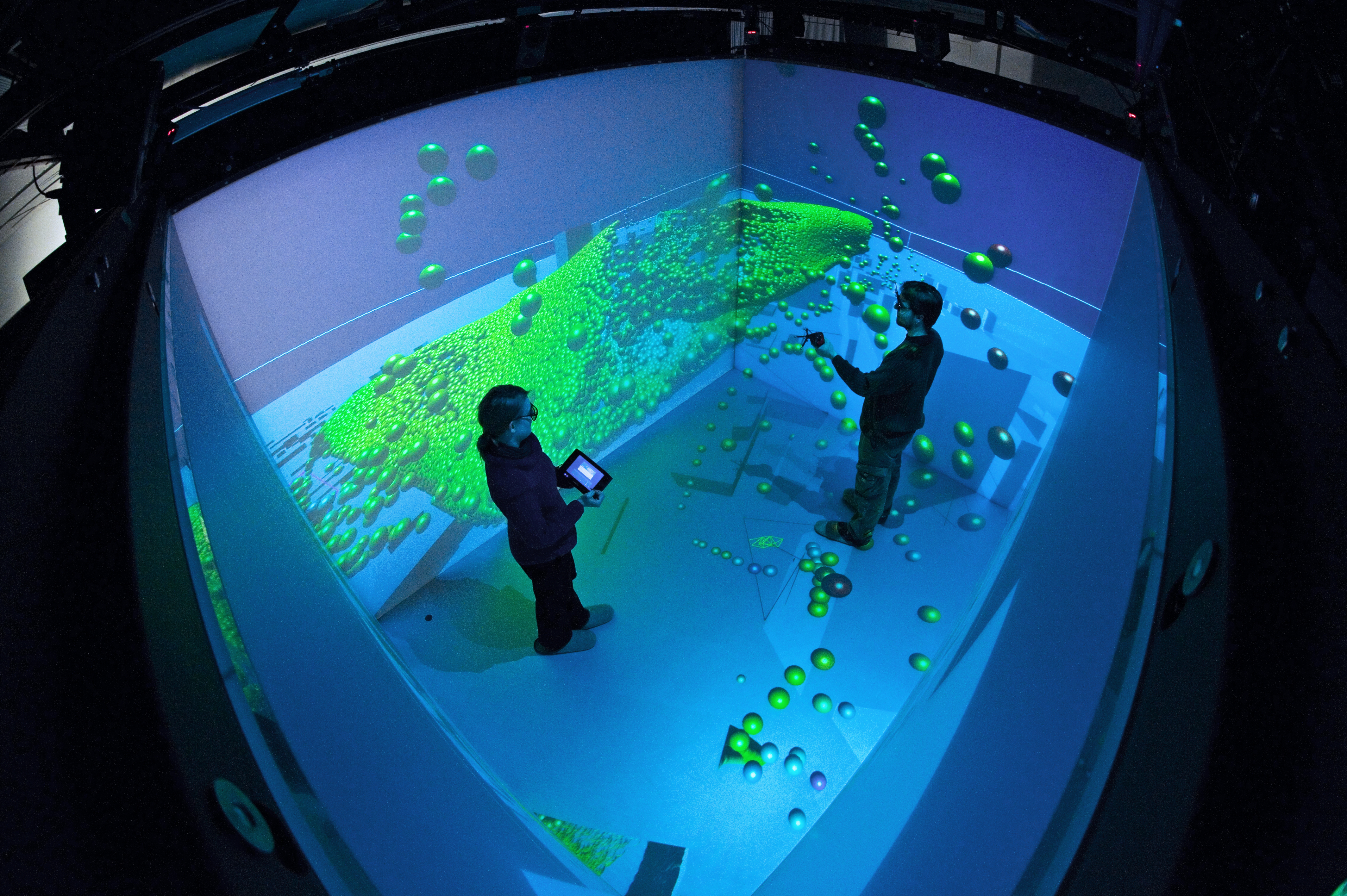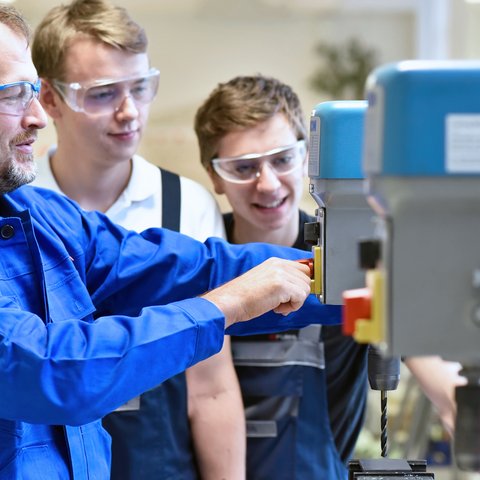In NRW, a broad and excellent network of around 70 universities ensures the training of highly qualified specialists and researchers. There are 14 public universities in the region alone, including two elite universities: RWTH Aachen University and the University of Bonn. NRW also has 16 universities of applied sciences under public law, seven state colleges of art and music, 25 recognized private and church colleges and five administrative colleges.
15 clusters of excellence offer cutting-edge research and teaching. The clusters of excellence provide project-based funding for internationally competitive fields of research at universities or in university networks. This enables scientists to recruit top international researchers and at the same time train excellent young researchers. Often, different disciplines and institutions work together on one research project.

